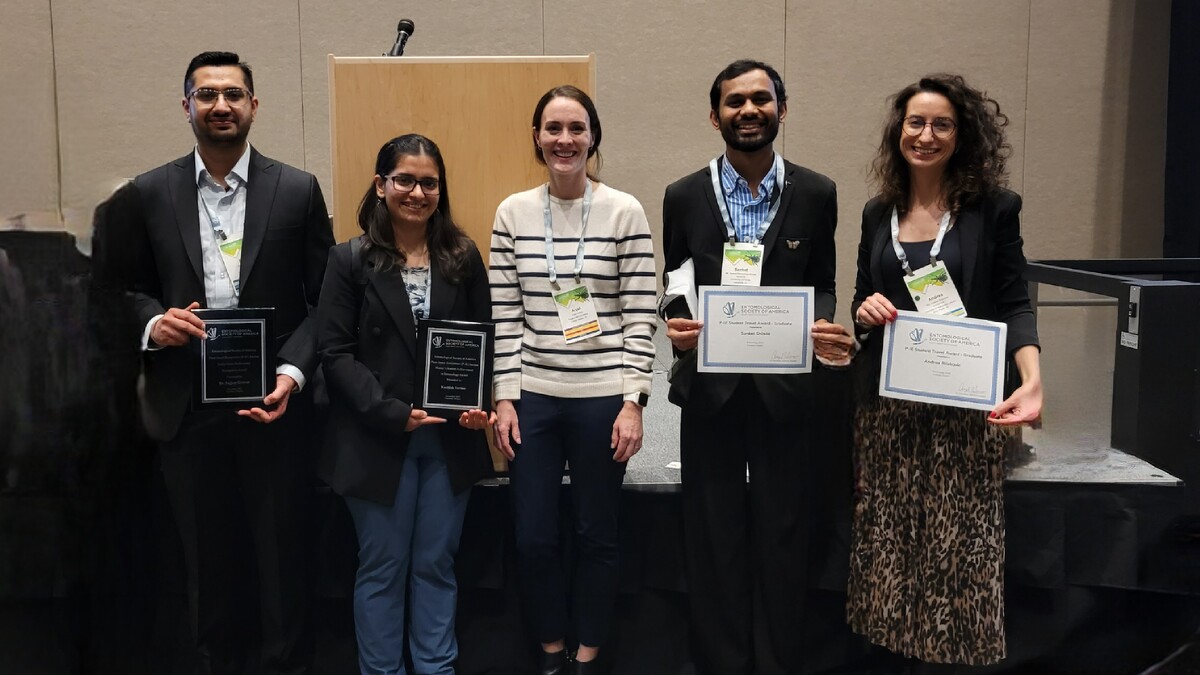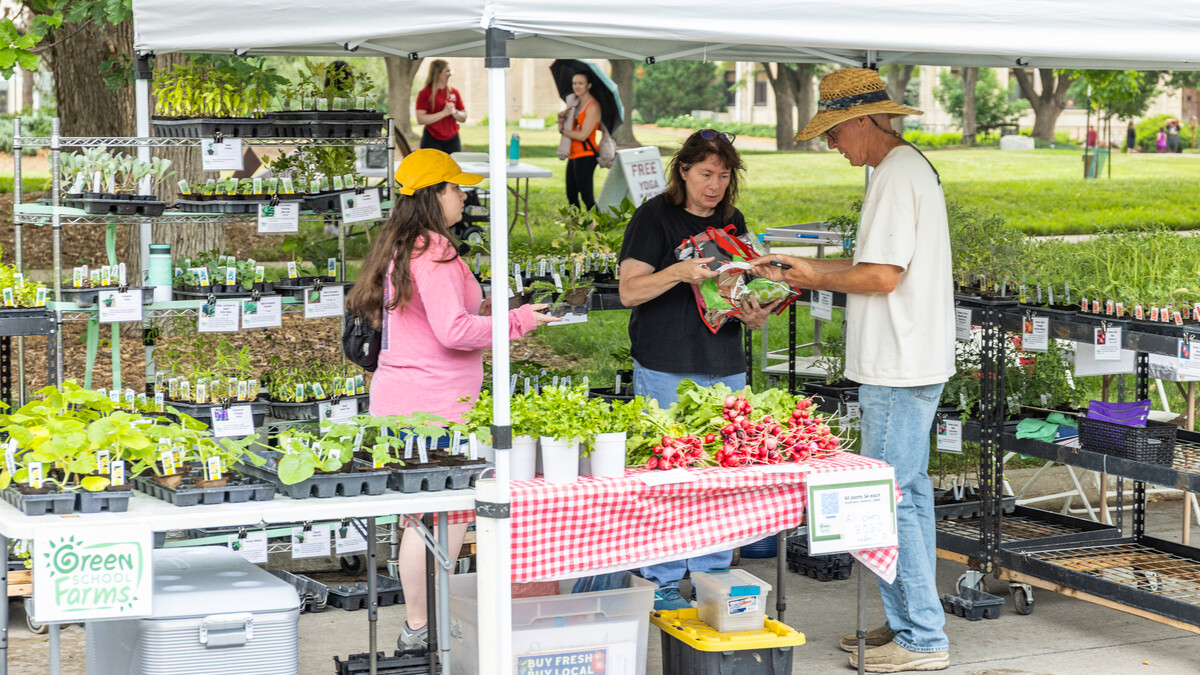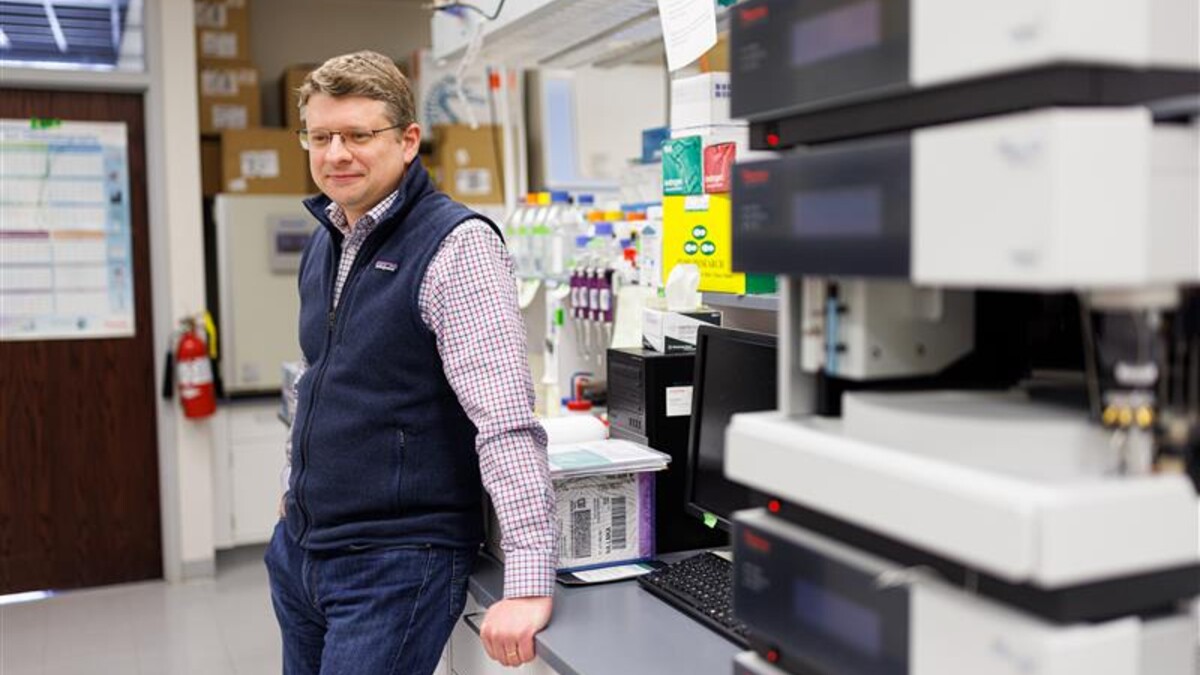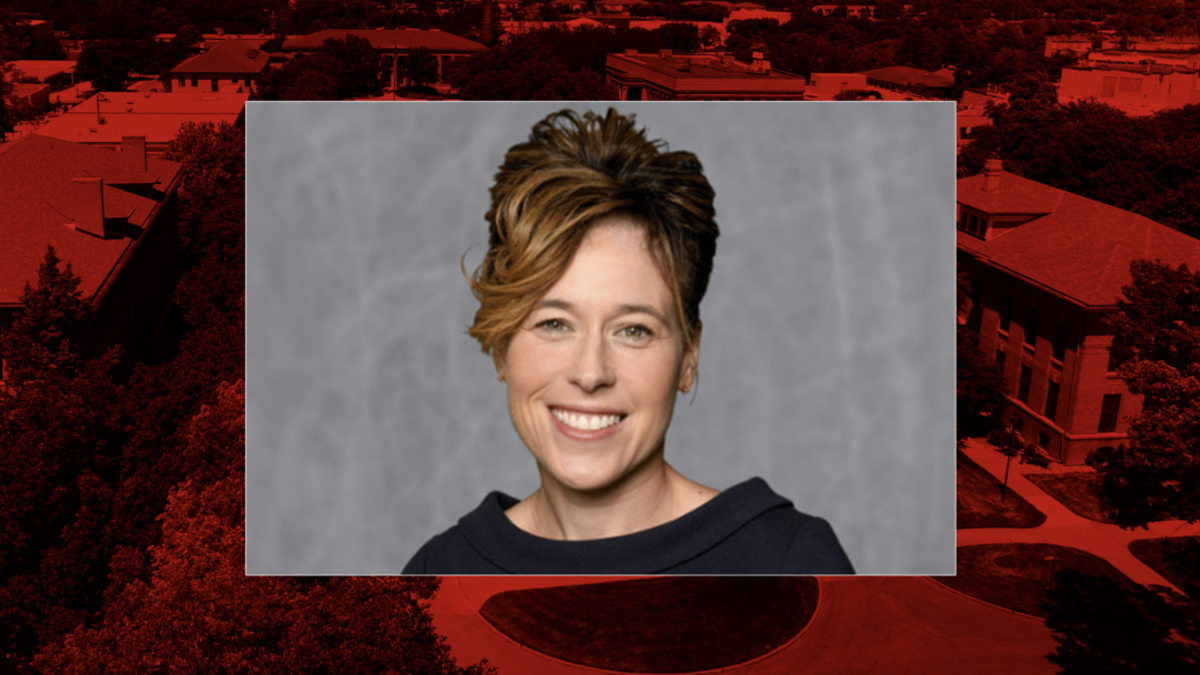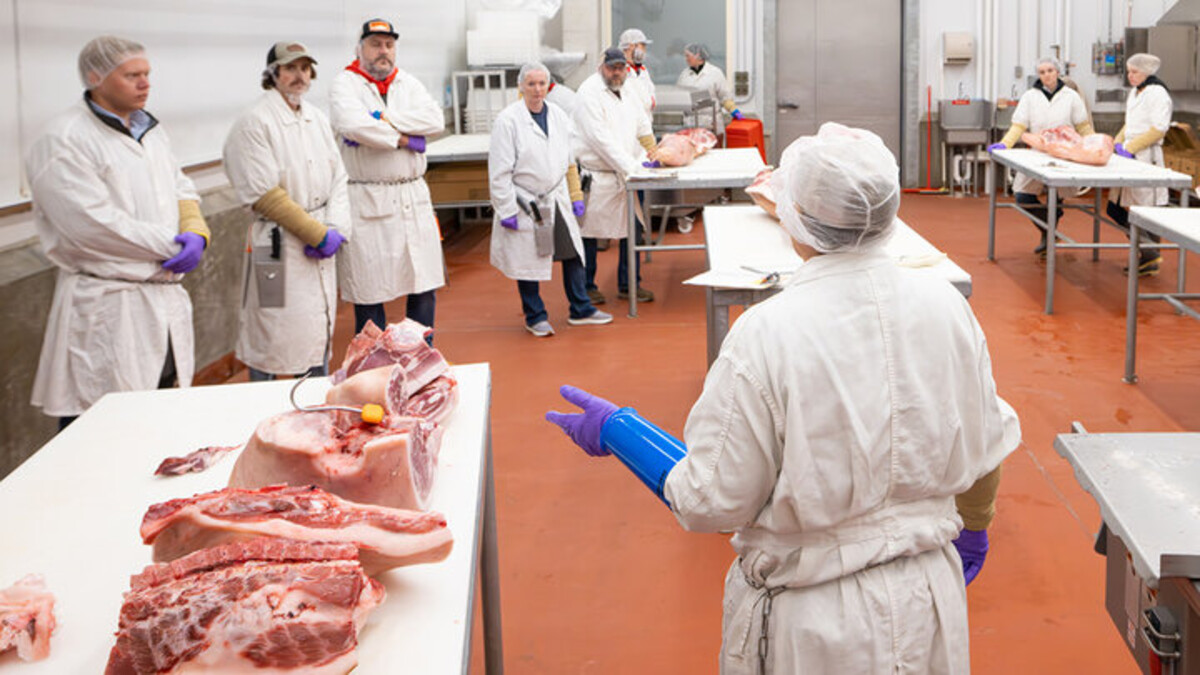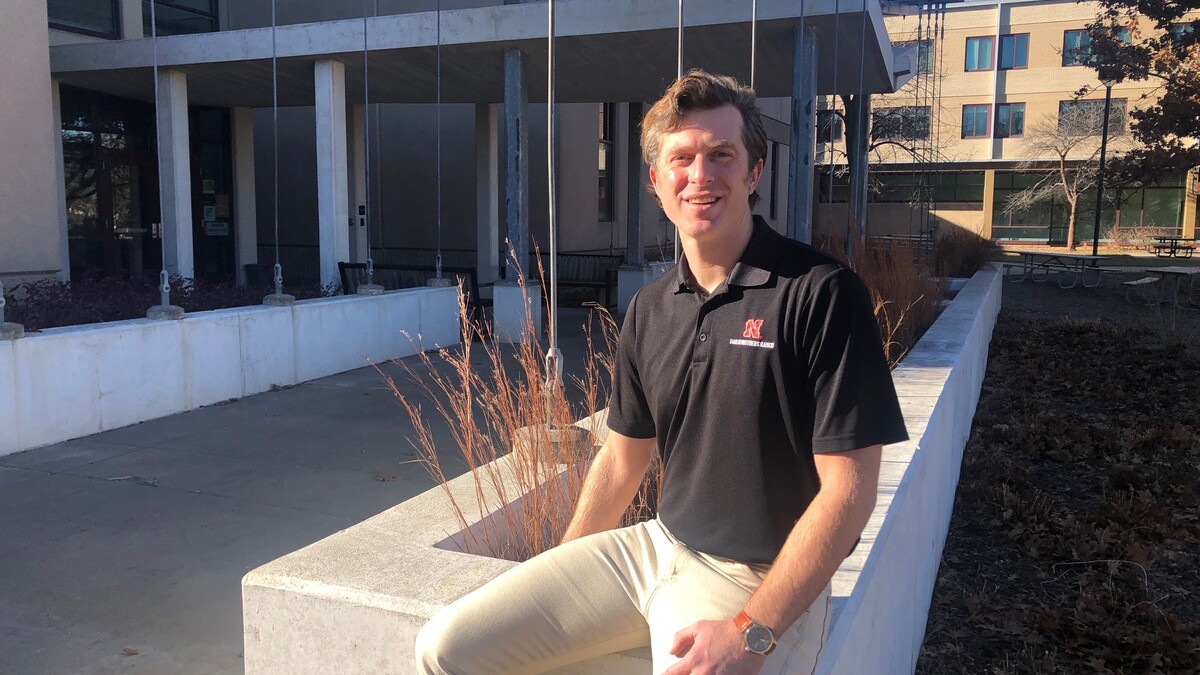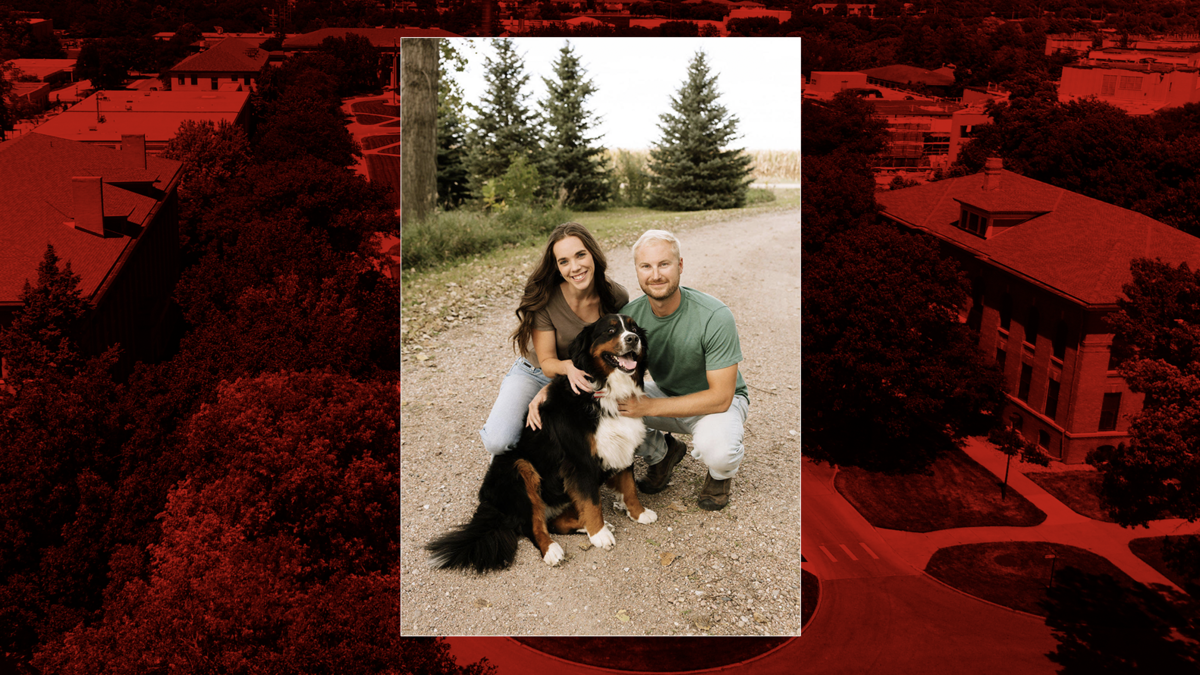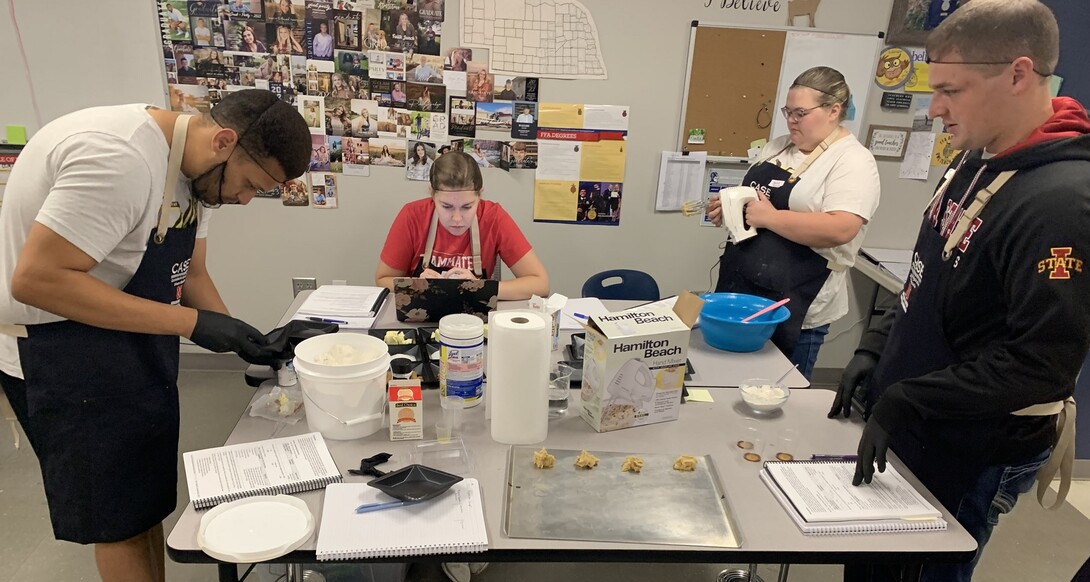
Lincoln, Neb. —Summertime provides an opportunity for teachers to recharge their mental batteries through professional development. Twenty agricultural education teachers from Nebraska and five other states recently gathered in Wayne for such a recharge through intensive multi-day training in food science.
The Agricultural Leadership, Education and Communication Department at the University of Nebraska-Lincoln hosted the training at Wayne High School, with instructors from around the country. The five in-person sessions, held daily in June followed by two days of virtual training and interaction, were the latest in ALEC’s annual summer training sessions through the national Curriculum for Agricultural Science Education (CASE) program.
Educators at the Wayne event received advanced instruction and hands-on training in food storage, handling and preparation. The CASE training also focused on the food system’s relationships with individuals and communities and the connections to the global economy.
In one lab session, the educators teamed up to create different batches of soda biscuits, then tested the pH to determine how the changes affected pH, texture and taste. In another session, nutrient and calorie analysis of different beverages was the focus. Another lab experience involved varying the key ingredients in a cookie recipe, seeing how the changes affected taste, flavor, texture and aroma.
The training and interaction with fellow ag teachers “strengthened my abilities as an educational professional in regard to curriculum development, classroom management and professional interactions,” said Toni Rasmussen, an agricultural educator with Wayne Community Schools who has taught food science for four years.
“This course gives me a better curriculum source and better scaffolding as I teach the course in the future,” she said. “In classroom management, I gained ideas on how to organize my classroom and the materials that go with this class.”
She and Caleb tenBensel, an agriculture educator with Broken Bow Public Schools, noted the value from collaboration among the participating teachers. Building relationships with professionals from across the nation during the training “has been a refreshing experience and has given me new ideas for activities that can be implemented in my own program,” tenBensel said.
The CASE event, he said, “provided an opportunity to enrich my personal teaching strategies, gain practical experience in delivering industry-relevant content, and the ability to network with professionals from across the nation. In our lab groups, we were able to evaluate the curriculum and share ideas for how we may modify lessons to best suit our individual needs and/or potential Extension activities that could be incorporated.”
The units and lessons for the CASE training were: introduction to food science; food chemistry; food safety; processing and preservation; food health and security; preference and product availability; and food product development.
ALEC has hosted CASE sessions each summer in Nebraska since 2011, with the exception of the COVID years of 2020-21. CASE training focuses each year on a different ag-education subject. Topics include animal science, plant science, environmental science issues, ag equipment maintenance and technology, and agricultural research and development.
In Nebraska, the training sessions since 2011 “have allowed nearly 200 classroom teachers to gain hands-on experience in utilizing the CASE curriculum,” said Monty Larsen, an ALEC faculty lecturer who provides outreach support for Nebraska agricultural and skilled technical science educators.
“I enjoyed the hybrid format of this CASE Institute, with five days of in-person instruction and then another two conducted virtually,” tenBensel said. “During our time on-site we were able to walk through each individual lesson and place ourselves in the same mindset as our students. This allowed us to anticipate potential sources of concern or confusion that may arise in the classroom.”
The CASE approach addresses a range of concerns that beginning teachers often face in managing the classroom. The training helped greatly, tenBensel said, by providing “an approximate timeline of lessons, materials needed to complete each lesson, student worksheets and teacher notes, rubrics, methods of assessment, and other supplementary tools designed to support the teacher.”
Abigail Lutjelusche, an ALEC teaching major from Columbus, Nebraska, said she found great value in attending the event. Knowing the complications she will likely encounter as a beginning ag educator “allows me to think through how I wish to offset them and what to do if, and when, they arise,” she said.
The CASE institute was well structured, said Lutjelusche, who is minoring in Animal Science and aiming to graduate in December 2024. “The ability to conduct each lesson helped me to see how an effective classroom environment functions,” she said. “It has been eye-opening to hear the other teachers place themselves in the shoes of students and express their potential concerns with the curriculum. Building off that, seeing the way we all offered suggestions for improvement and worked together to come up with substitutions, modifications, improvements, etc., was phenomenal.”
Attending the CASE event “allowed me to dive headfirst into the family that agricultural education is, and it’s something that I am truly grateful for,” Lutjelusche said. “The ‘real’ teachers all welcomed me with open arms, offering advice and support. I cannot express how truly appreciative I am of the way that the ag ed family supports one another.”
Geitner Simmons | IANR Communications
